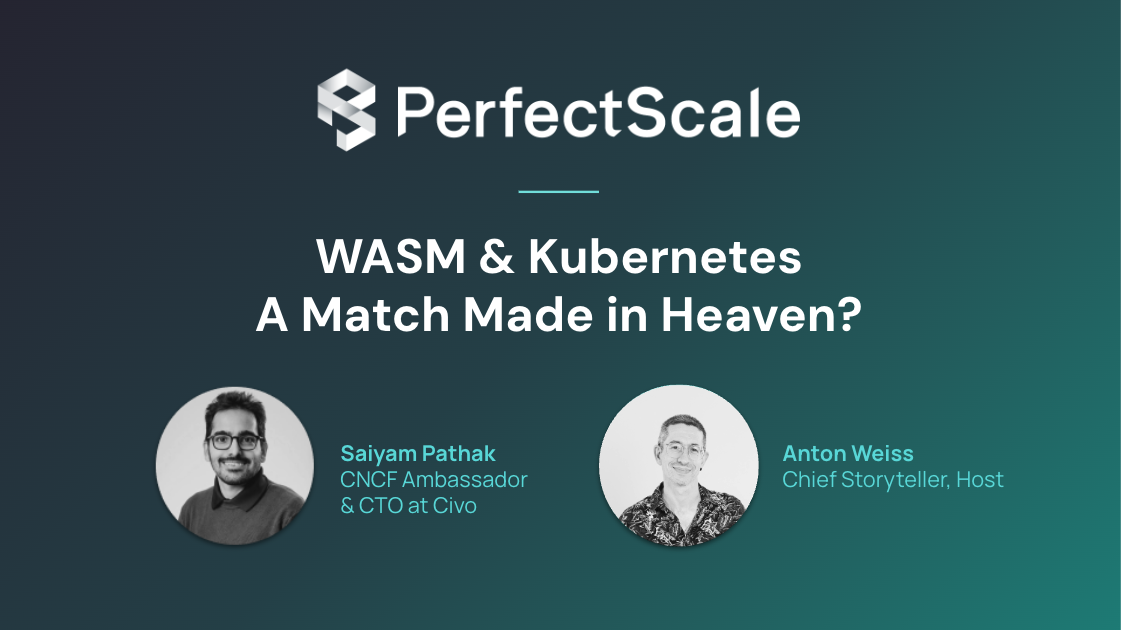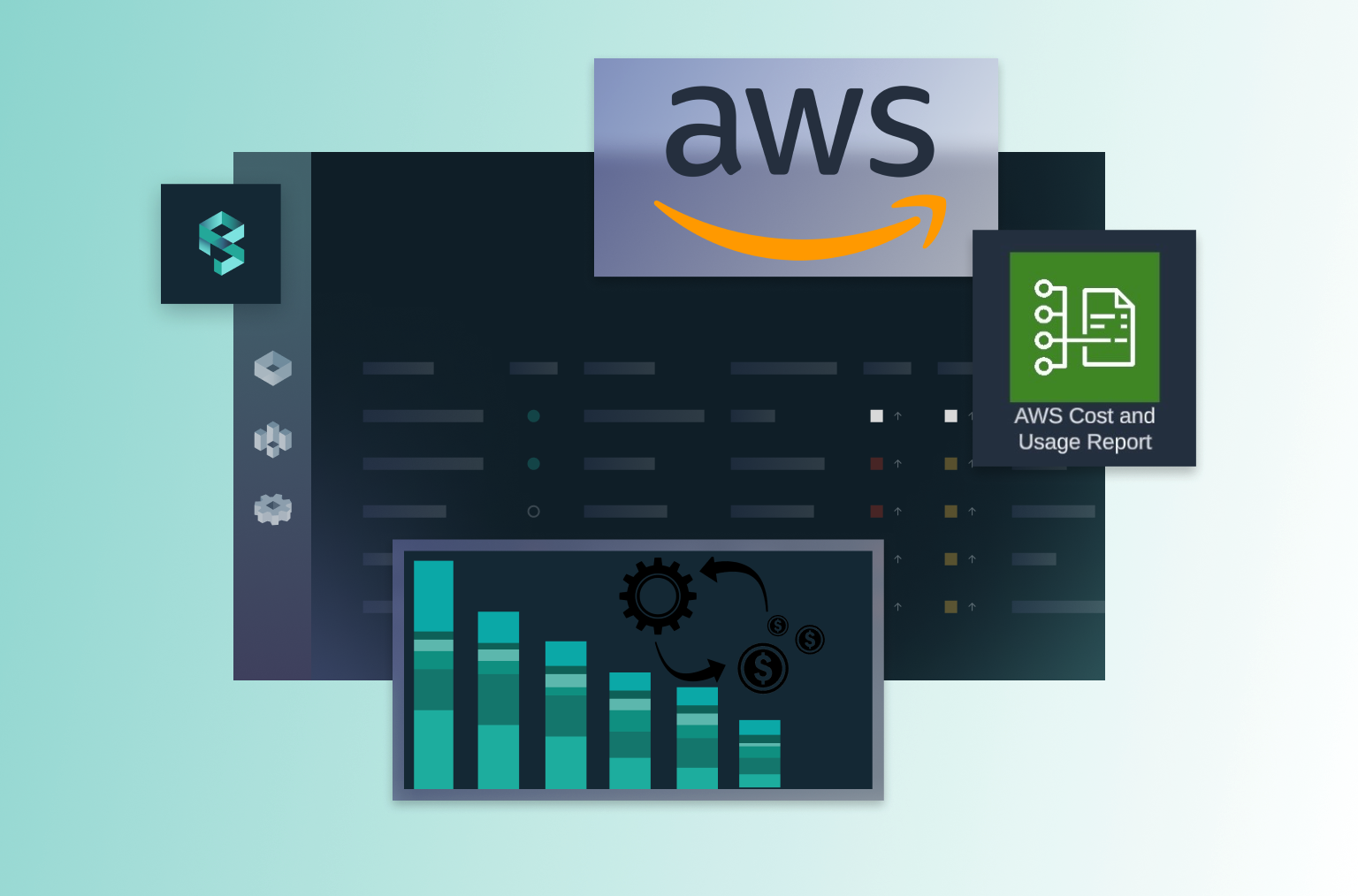Effective on January 15, 2024, Amazon Web Services (AWS) is implementing a policy change, banning customers from reselling their discounted Reserved Instances (RIs). You have probably seen the news scattered around social media, but essentially it no longer will be a viable option to resale unused RI capacity through the Marketplace or third-party providers. Let's jump into the details and discuss how this change could impact your organization and operations.
AWS Ban on RI Resale Breakdown
AWS recently sent its customers a letter explaining how they will be enforcing a ban on the resale of Reserved Instances acquired at discounted rates through the Amazon EC2 Reserved Instance Marketplace. This prohibition is anchored in Section 5.5 of the AWS service agreements, explicitly forbidding the sale of discounted RIs.
As an act of good faith, AWS has provided a grace period that will allow customers to continue to resell discounted RIs on the Marketplace. Let’s break down the terms:
- Discounted RIs Reselling ban will take effect January 15, 2024
- Grace Period: Instances procured before October 1, 2023, can be resold before the January 15th deadline.

Why are Reserved Instances so popular?
Reserved Instances have been a preferred choice for companies seeking significant savings over pay-as-you-go On-Demand pricing. RIs allow you to commit to a specific amount of cloud capacity for a designated period (one or three years) and provide substantial savings that can result in up to a 72% discount.
There is one catch. RIs can only be used for the specific region, instance type, OS version, and tenant that they were originally purchased for. This is why reselling RIs was a common practice. If your environment’s resource requirements changed, you could simply resell your unneeded RIs, and use those funds to purchase the instance type you need.
Now, with the banning of reselling RIs, the "use it or lose it" policy necessitates careful planning to maximize the benefits. DevOps teams will have to put on more of a FinOps hat to ensure they are not making investments that will impact their future growth.
As a result, many teams may start transitioning their RI spending to AWS Savings Plans. These plans are a more flexible alternative that can keep your cloud costs low without locking you into certain instance types. Let’s take a deeper look into AWS Savings Plans.
What are the benefits of AWS Savings Plans?
Similar to RIs, AWS Savings Plans (SPs) provide discounts on On-Demand instances in exchange for committing to one or three years of usage, however, they come with additional flexibility that may be more aligned with the evolution of your application infrastructure. AWS SPs come in three types: EC2 Instance, Compute, and SageMaker. Let’s look at the differences:
EC2 Savings Plans vs Compute Savings Plans
EC2 Savings Plans: EC2 SPs are very similar to Standard RIs, especially when it comes to the discount level of up to 72%. Also, they are mutable, meaning you can change the size, operating system, and tenancy. This provides additional flexibility over standard RIs, which do not allow you to change the instance size or operating systems.
Compute Savings Plans: Compute SPs ramp up the flexibility, but this comes with a cost, with discounts only up to 66% on On-Demand instances. In addition to the flexibility provided with EC2 SPs, Compute SPs automatically apply your pricing across any instance family across any AWS region. Additionally, Compute SPs pricing can be applied when using Amazon EKS and Amazon ECS using Fargate or when using Lambdas.
SageMaker Savings Plans: These plans are built specifically for AWS SageMaker, where a one to three-year commitment can result in up to 64% pricing discounts. Available for eligible SageMaker ML instances, your pricing discount automatically is applied regardless of instance family, size, or region.
Maximizing Commitment Spending with Optimization and Governance
Whether you choose Reserved Instances or Savings Plans, commitment spending is a key aspect of locking in a discounted rate for cloud infrastructure. However, in a time when cloud cost optimization is a priority at many organizations, commitment spending should only be part of your strategy to keep your cloud costs low. Teams need to optimize cloud resources and autoscaling configurations to maximize the value of commitment spending and to avoid going over your commitments and paying list prices for On-Demand instances.
PerfectScale’s unified Kubernetes optimization and capacity governance platform eliminates wasted resources and optimizes your scaling configurations without jeopardizing performance. Additionally, autonomous actions continuously and effortlessly right-size your workloads to your desired SLA, giving you hands-free governance and control over your resource allocations. The combination of PerfectScale and commitment spending helps you guarantee peak Kubernetes performance at the lowest possible cost.
To learn more about PerfectScale book a demo, or start a free, 30-day trial today!

-p-500.png)

.png)


.png)






